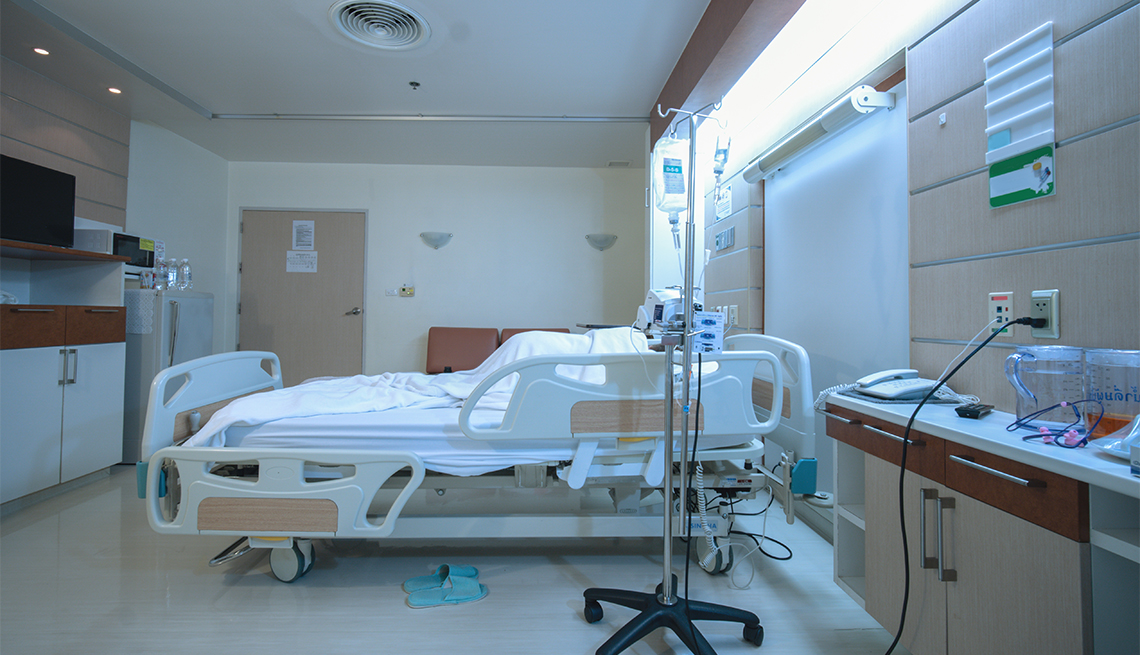Staying Fit
Too many Medicare enrollees are being readmitted to the hospital to be treated for the same infection they had while they were inpatients, a new study shows.
Researchers at the University of Michigan looked at more than 318,000 hospital discharge records for Medicare patients 65 and older and found that 2.5 percent returned to the hospital within a month to treat the same infection they left with — also called a linked infection.


AARP Membership— $12 for your first year when you sign up for Automatic Renewal
Get instant access to members-only products and hundreds of discounts, a free second membership, and a subscription to AARP the Magazine.
The study's lead author, Geoffrey Hoffman, said that number may seem small, but “it should be closer to zero” when looking at people having to be readmitted for something that's curable, like an infection, compared to a condition that's chronic, such as heart failure. Clostridioides difficile — a potentially deadly germ that causes diarrhea, fever and stomach pain or nausea — was the most common infection for which patients were readmitted; urinary tract infections were the second. Both can be treated with antibiotics, “and you shouldn't have to come back [to the hospital] for those,” said Hoffman, an assistant professor at the University of Michigan School of Nursing.
The readmissions number “should be of concern for hospitals and their infection prevention programs,” Hoffman added. “They should make sure they're not just focused on the hospital stay, but also what happens to the patient afterwards.”
Currently, Medicare provides financial incentives to hospitals to minimize the number of infections patients pick up during their stay. If a Medicare beneficiary gets certain types of infections while they are in the hospital, the government won't pay the hospital to treat it — and the patient doesn't have to pay, either. Extending such programs to monitor whether infections persist once a patient is released may help to reduce readmissions, Hoffman said.
For expert tips to help feel your best, get AARP’s monthly Health newsletter.


































































